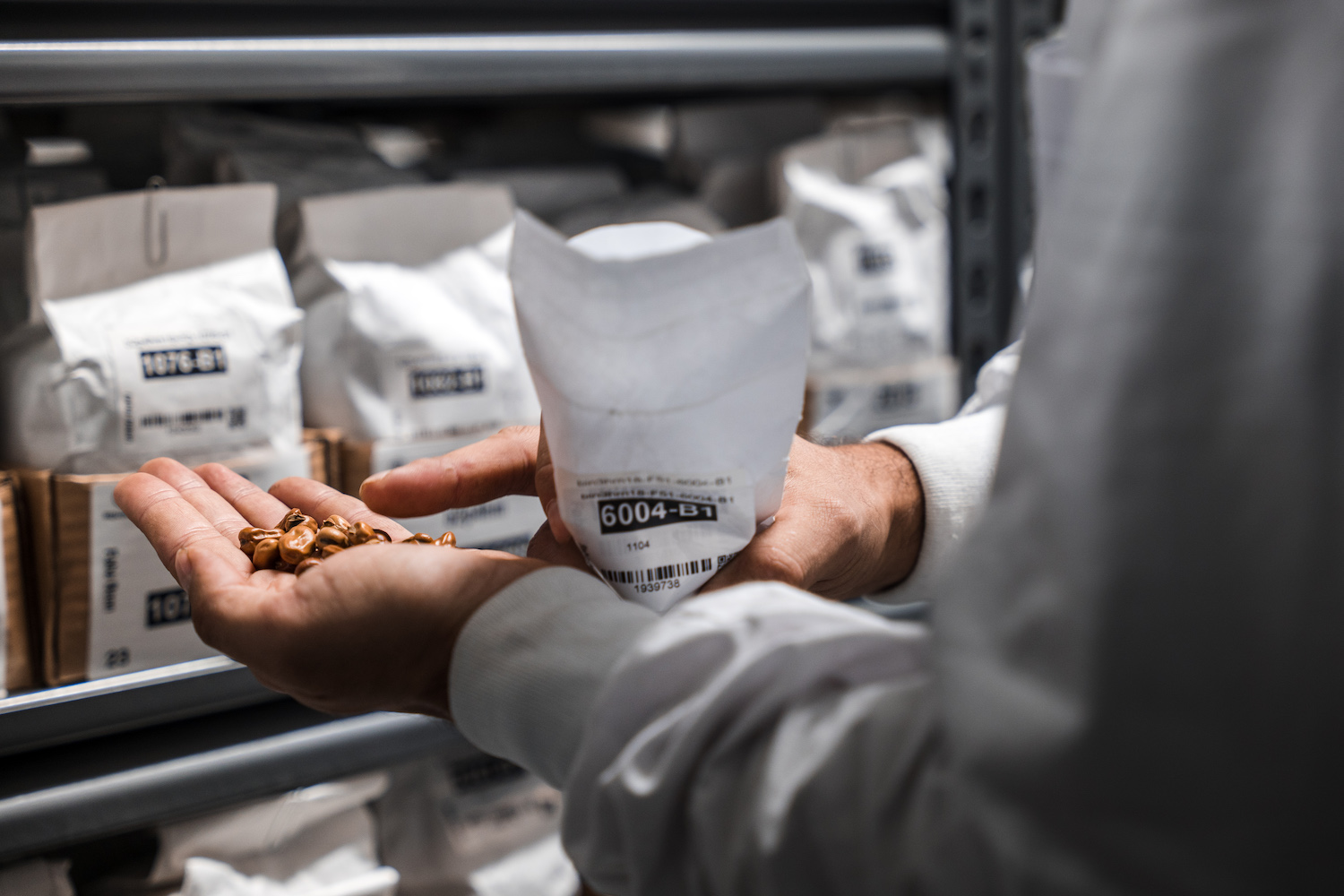
Both Starbucks and Taco Bell recently announced an expansion of meatless meat options on their menus. Vegan chicken and meatless carne asada will be coming to select stores. Partners Beyond Meat and Daring have made these vegan alternatives possible.
More than avocado toast or tofurky, plant-based proteins aim to make vegetarianism and veganism more appealing to a broader population. It’s almost as though they’re telling meat-lovers who want to do better for the climate, "You can leave your meat and have it too!"
It’s a well-rehearsed fact that conventional cattle ranching is resource intensive. It takes the cake as the highest agricultural emitter of greenhouse gases. Worldwide, cattle are responsible for about 60 percent of agricultural emissions, according to the Food and Agricultural Organization of the United Nations (FAO). In an era of climate change mitigation, resource use has become a high priority in consumer decision-making.
Plant-based proteins are a growing market
In a 2021 Deloitte survey, 23 percent of consumers across six countries said they would switch loyalty to a brand that shares their values on environmental issues, and 42 percent had already changed their consumption habits because of their stance on the environment. Another comprehensive study from 2021 found that 85 percent of global consumers have been making more environmentally-friendly purchasing decisions in recent years.
It’s no wonder plant-based proteins are a growing market. Plant-based meat is more land and water efficient than conventional meat and is associated with far fewer greenhouse emissions, according to the Good Food Institute, a nonprofit think tank that focuses on alternative proteins.
The plant-based protein market, currently valued at $12 billion, is projected to reach $17 billion by 2027. Even mycoprotein, the fungus-based protein found in brands like Quorn, is expected to grow to a $1 billion market by 2032. And price parity between meatless meats and conventional meats may be coming as soon as 2035.

Achieving price parity between animal and plant-based proteins
“The growth of the plant-based industry is amazing … but the major challenge of today’s industry is cost of production,” Gil Shalev, CEO and founder of food tech company Equinom, told TriplePundit. “If the cost of ingredients of the plant-based industry is not going to be the same or lower than the alternatives, we are wasting our time. [The industry is] not going to be sustained,” he said. The Good Food Institute placed 2019 prices of meat alternatives at about double the cost of beef and more than four times the cost of chicken.
Bringing together biochemistry know-how and a platform powered by artificial intelligence and machine learning, called Manna, Equinom is one of the companies helping to actually bring down the cost of plant-based proteins.
Part of current industry costs are the techniques that ingredient and food companies use to achieve the right consistencies, textures, flavors and colors in their products. These characteristics are often created through processing and additives, sometimes binders and sodium, Shalev said.
He places no judgement on that process, saying it's simply the fastest way the industry has determined it’s able to reach its goals. But Equinom has a different idea.
Introducing precision to cross-breeding
Equinom is bringing a novel method of ingredient manufacturing to the plant-based food industry. Equipped with a vault of 250,000 seed varieties (and Manna), the startup is able to crossbreed the right plant varieties to achieve a client’s desired result.
Shalev describes the process as designing an ingredient to do the right thing from the outset. It should come as no surprise that less processing also leads to an even lower carbon footprint for a supply chain.
Once Equinom's team and clients have a goal in mind, the Manna system combs the database for the right biochemical properties. Informing this process are hands-on tests that include making burger after burger — or hummus after hummus, as was the case with popular hummus brand Sabra and its search for the right sesame seed to turn to paste. Companies often come to Equinom hoping for a few main outcomes, Shalev said: higher quality ingredients, lower sodium, lower costs and a smaller environmental footprint.
“I’m not saying I’m a magician. I can’t solve everything,” Shalev said. But he agreed that the potential for scaling this approach to developing plant-based ingredients and proteins is nearly unlimited.
Images courtesy of Equinom

Roya Sabri is a writer and graphic designer based in Illinois. She writes about the circular economy, advancements in CSR, the environment and equity. As a freelancer, she has worked on communications for nonprofits and multinational organizations. Find her on LinkedIn.














